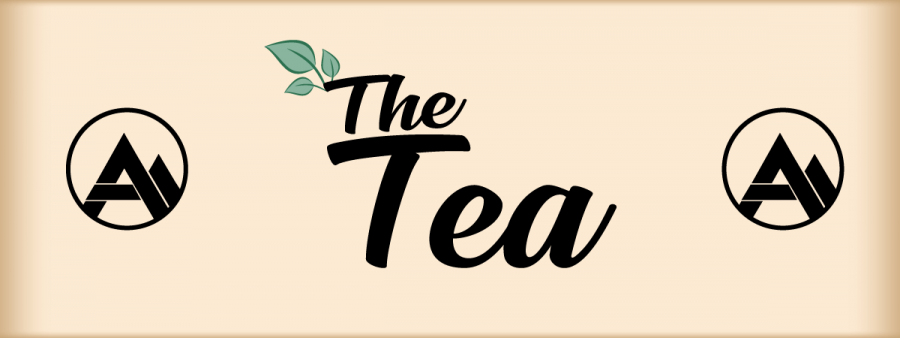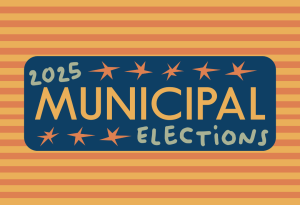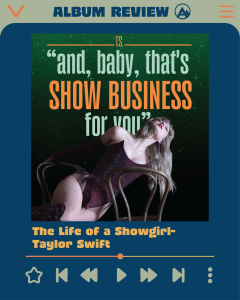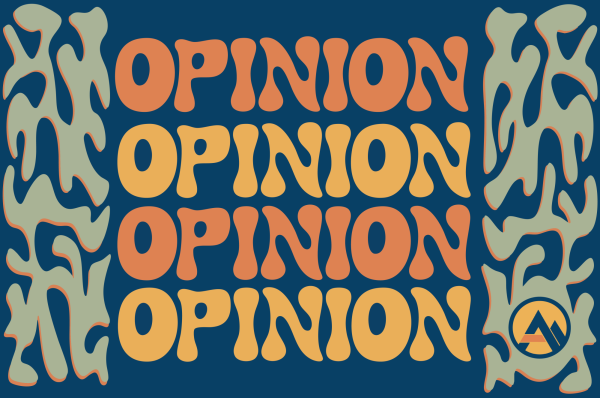The Tea: California forces showdown with the NCAA
October 19, 2019
California Gov. Gavin Newsom signed into law a measure that will break college sports and destroy the concept of amateur competition. Or, that’s what the NCAA would mislead you to believe.
The law, signed Sept. 30, will allow student-athletes in California to make money from endorsements — trading in their athletic fame for money by promoting products and companies. The measure does not require the NCAA to pay the players.
“Every single student in the university can market their name, image and likeness; they can go and get a YouTube channel, and they can monetize that,” Newsom told The New York Times. “The only group that can’t are athletes. Why is that?”
The measure does not go into effect until 2023, giving adequate time for the NCAA to fight. It already weakly called the measure “unconstitutional” without elaboration the day Newsom signed the bill.
California has given the NCAA a deadline to fix its broken system of exploitation. Instead of forcing the association to pay the players, California is allowing players to essentially pay themselves.
Less than 2% of college athletes turn professional, meaning college is the only time most could profit from their athletic success. However, a 2011 report by the National Collegiate Player Association found that 86% of student-athletes live below the poverty line. The NCAA brings in nearly $1 billion each year, the majority from television deals and advertisements. That’s a lot of money to watch “amateurs” play.
Newsom and California legislators are finally forcing the NCAA’s hand. The law will give California schools an unfair advantage in recruiting, and if the law is confined to the state, the NCAA will have no choice but to ban those schools from competing. California could then create its own league and sap up elite players.
That would break college sports. But, there’s a simple fix: every state adopts California’s plan. Furthermore, it needs to happen in one broad stroke. Luckily, we have a government institution that can do just that.
Should the NCAA sue California before 2023, which it certainly will, and the case makes it though appeals to the Supreme Court, the court could rule the NCAA cannot ban players from monetizing themselves, allowing every state to adopt the same measure. The NCAA will still rake in billions, no school will have an unfair recruiting advantage, and college sports will endure. But, athletes won’t be living in poverty anymore, and the myth of amateurism can finally be broken.












